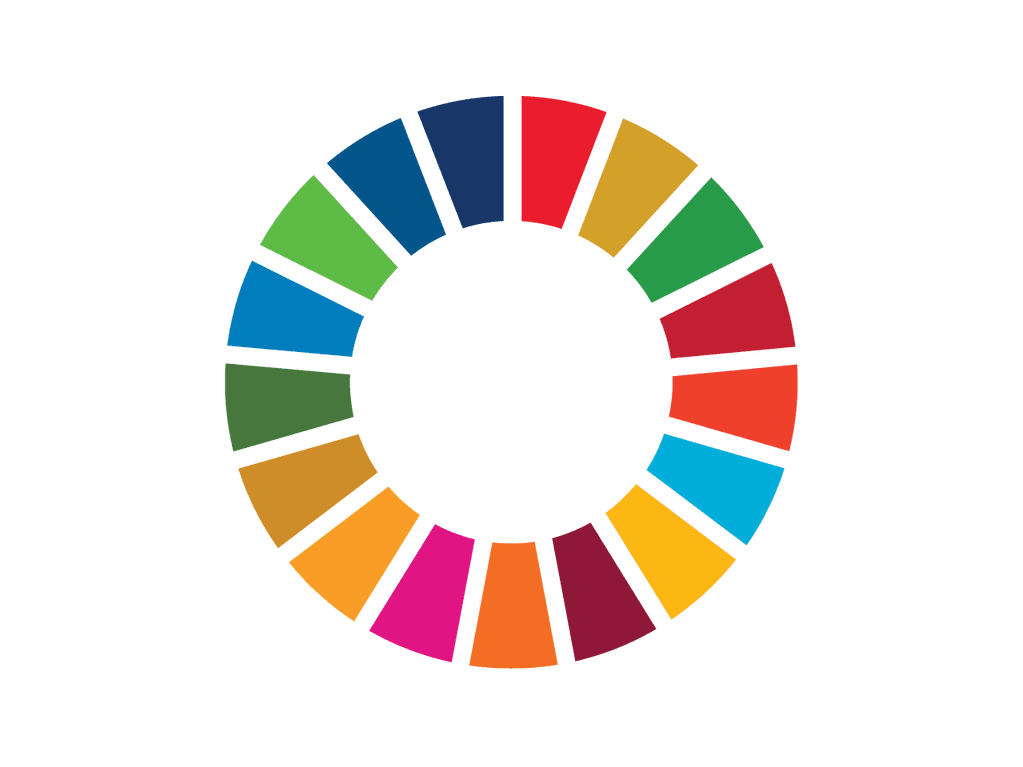Challenge
Venture Capital is the dominant narrative in how innovation happens - even if only a very small number of companies ultimately secure funding, the playbooks of Silicon Valley are adopted by business ecosystem advisors globally and thus determine how most startups are built. We end up building the things that fit the funding, rather than building the solutions humanity needs. And venture capital is designed for white men, by white men and rewards only them. It prioritises growth at all costs and enables the exploitation of people and planet. It enables only the wealthy to participate in success and encourages wealth hoarding.
AI is currently being developed at speed, by specific groups of people unrepresentative of humanity and unconcerned about the fate of the planet. And guardrails around safety are disappearing by the day. It currently promises to exacerbate the problems we face, rather than ameliorate them - owned and developed as it is by existing systems that produce and reproduce injustice and inequality.
We cannot hope to combat the VC and AI hype machine by shouting into the void. We must subvert these tools and narratives to make it as easy and convenient to make good choices for a future economy, as it is to make bad choices currently.
(It's important to acknowledge that AI is energy intensive in it's consumption and may contribute to climate change without consideration. I've no wish to further economic justice whilst exacerbating climate injustice. Efficiency is key - I'm not planning on building my own LLM here but piggybacking on what already exists, which makes a big difference, as does hopefully rendering existing carbon intensive frontline startup advice practices obsolete. I would also aim as far as possible to ensure any server use is supplied by renewables. Ultimately, I hope that creating systems change at scale in the way businesses are built and funded renders this whole idea obsolete in the end.)
Description
A business building platform that advises entrepreneurs as they plan. A mind mapping tool with an AI advisor that "reads" the content as it is written and makes contextual suggestions of relevant resources, funds and support. A thinking and learning environment that helps people make good decisions.
Because just as human business advisors are biased - by the limits of their knowledge, or their own business experience, or who they know - this AI advisor will be biased in favour of justice and equality. It will provide resources on steward ownership and co-ops, which most entrepreneurs would never usually hear about. It will treat the Zebras Unite manifesto on a par with anything that comes out of A16Z. It will question unsustainable business models (such as fast fashion) and make constructive suggestions.
It will be familiar and comfortable in the digital landscape, like Miro or Canva or Trello, but lead to a very different place.
It will enable excluded entrepreneurs to find different routes through business that suit them, and customers and funders that value them.
It will filter resources of different types for different learning preferences (eg audio, video, text).
It will be a place for entrepreneurs to keep their plans and dreams, and thus be sticky, giving more chances to provide good advice over time.
Entrepreneurship is a vehicle to create change. There is an opportunity here not only to help more entrepreneurs build the businesses they want, but the businesses the world needs. To enact the public good through the creativity of the people experiencing the problems and dreaming the solutions everyday.
This funding will enable a prototype to be built that can test user response - ultimately it needs to be better than existing systems AND the dark-pattern-determined online content that aspiring entrepreneurs often consult.
It will adopt a B2B/B2G business model, hopefully to become financially sustainable over time, by aiming to replace inefficient, inequitable frontline business advice services run by local government, NGOs and Quangos, and private sector bodies. It will align with many public policy objectives and ultimately be a sharper business policy instrument than eg grants and government procurement.
I would plan to launch in the UK, training the AI on UK specific advice (eg re legal and governance models), and tracking adoption and impact here in order to iterate before expanding to other areas.
Outcomes
Entrepreneurs using a fun, useful planning tool would suddenly find it much easier to build an environmentally sustainable and socially just startup. They would find it as easy to access information on steward ownership, co-operatives and employee ownership as they would on venture capital in existing ecosystems. More new businesses created would embed equitable governance and sustainable practices from the start.
Entrepreneurs from backgrounds and communities traditionally excluded from venture capital would learn about new ways to build a business and be invited into entrepreneurship.
Further developments would include an investor/ crowdfunding portal that would do the same for startup investment - make it as easy to make a fair investment as it is to make an exploitative one in the current system.
Other directions the foundational tech could be pointed at include career and skills planning, helping individuals to think about how their work in the future economy can contribute to sustainability and justice.
